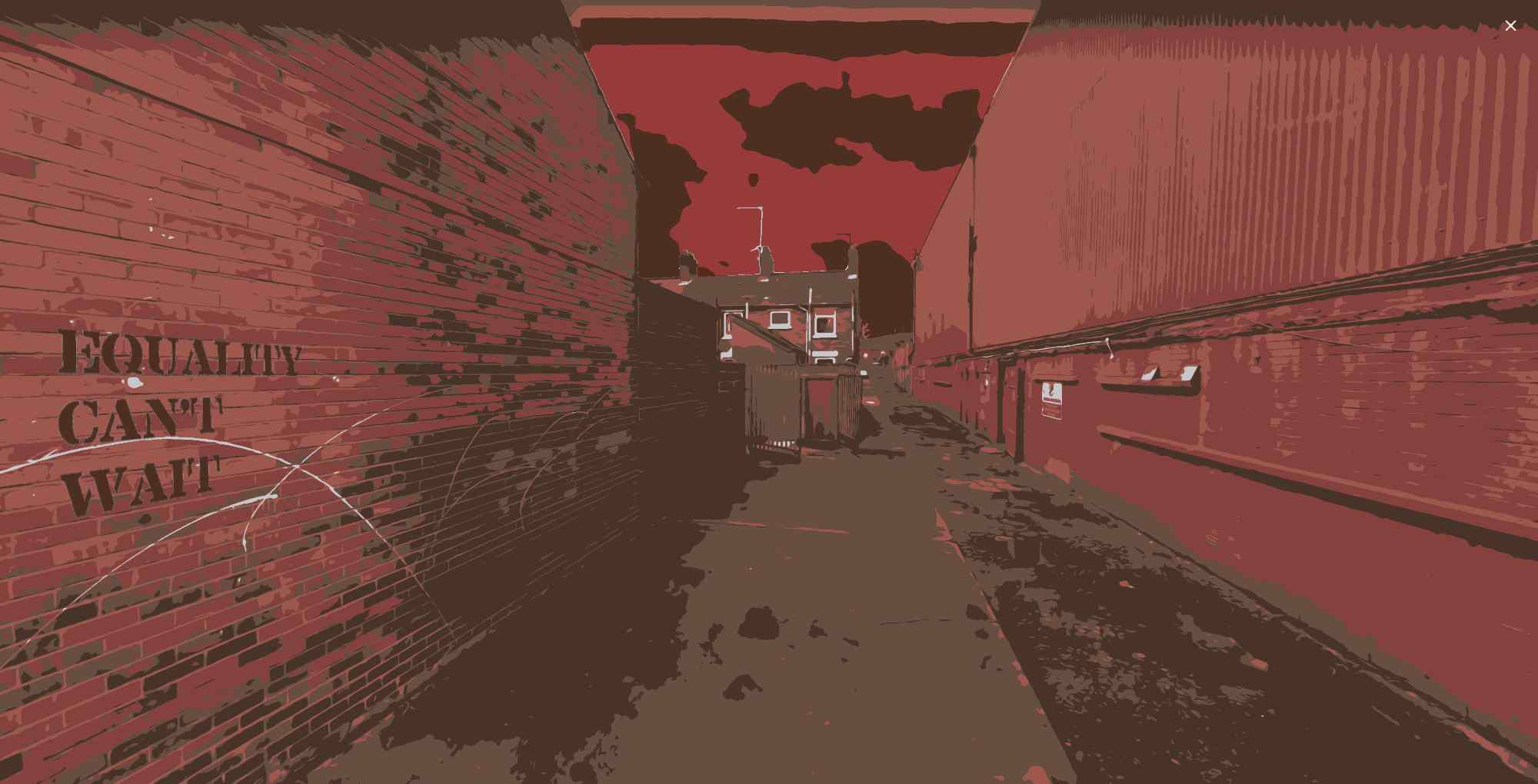
Policy Watch
An eye on policy changes in Ireland, the UK and beyond
Covid-19, Inequality and Mental Health in NI| Health Professionals Call for a Green New Deal | The Mental Health of Asylum Seekers
Covid-19, Inequality and Mental Health in NI
A research paper published by the Northern Ireland Assembly said that the mental health impacts of the Covid-19 pandemic were “likely to be profound and felt for many years”; meanwhile spending on mental health care in Northern Ireland remained the lowest in the UK. Press reports revealed that over 4,000 NI adults were on the waiting list for an appointment with adult mental health services, with more than 100 waiting for urgent appointments. Meanwhile, the NI Department of Health published the Health Inequalities Annual Report 2021; its statistics covered through the end of 2019 so do not yet reflect the impact of the pandemic. It showed significant differences between most- and least-deprived areas against indicators such as self harm and prescription rates for anti-depressants.
A study by the Royal College of Psychiatrists found that 80,226 more UK children and young people were referred to mental health services between April and December 2020 than in 2019, an increase of 28%. This amounted to 372,438 children and young people referred; treatment sessions in response increased by 600,628 or one fifth of the previous year’s total, to 3.58 million.
Health Professionals Call for a Green New Deal
The Medact group of health professionals issued a report calling on the health community to back a Green New Deal. They highlight the health impacts of fossil fuel consumption via air pollution and climate change. They also draw attention to the current system’s harmful effects on mental and physical health in terms of pressures around access to food, endemic unemployment and precarious work, and poor quality, expensive, scarce and energy-inefficient housing.
The Mental Health of Asylum Seekers
The UK Parliament addressed the impact of the Home Office immigration system on asylum seekers’ and refugees’ mental health. Glasgow MP Carol Monaghan, who opened the debate, raised concerns about the impact of a “sinister shift from community-based accommodation to an institutional accommodation regime”. She addressed proposed changes to Home Office policy: “I gently point out that when the Home Secretary talks of a two-tier asylum system and only accepting those who come through so-called “legal routes”, that is not how fleeing trauma works. When we see desperate families risking a dangerous sea journey in a rubber dinghy, it is clear that safe routes are not working.”
Meanwhile a UK coroner found that an Eritrean teenager took his own life in 2019 after authorities failed to recognise the serious nature of his mental ill health. He was the fourth of his friendship group of Eritrean refugees and asylum seekers to die in this way in a 16-month period.
